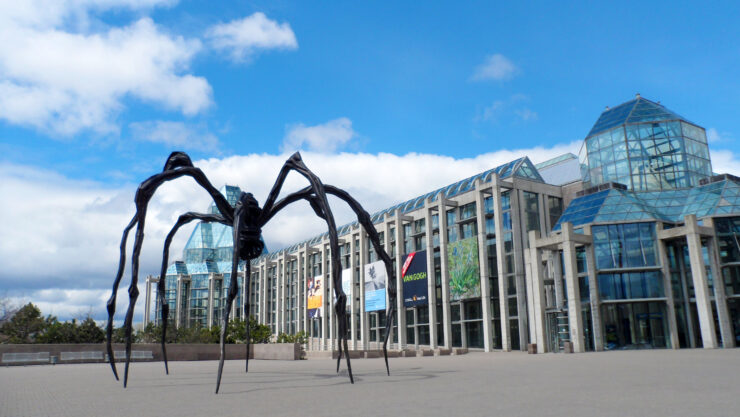Nostalgia is one hell of a drug
If you’ve been following the Fulcrum’s Arts & Culture section for a while, you might know that I’ve become something of a Swiftie over the course of lockdown.
Well, that’s not entirely true. I’ve actually returned to being a Swiftie after a long 10 years of pretending not to be one. Middle school Aly was an avid fan of Taylor.
Middle school Aly also loved the Disney Channel (sorry, I’m told that’s only an American thing — “Family Channel” for Canadian folks), Linkin Park, and movies starring the likes of Kristen Stewart and RPatz.
These things have, for better or worse, been what I’ve enjoyed during COVID-19, too.
I didn’t enter the pandemic intending to regress to my 13-year-old self. It happened organically, sneakily — I woke up sometime in July and realized I’d all but stopped listening to indie music that I’d never even liked that much. I hadn’t really kept up with new film releases, and I’d put much more effort into rewatching my favourite teenybopper sitcoms on Disney+ than investigating new releases on Netflix.
Well, it turns out I’m not alone.
Psychological regression is a common by-product of trauma, according to the U.S.-based National Institute of Health. Unfortunately, just about everyone in the world experienced the ultimate trauma last March in a multitude of ways — the loss of loved ones, of socialization, of work. COVID-19 has inflicted mass trauma and declining mental health has been one of the worst effects of the pandemic.
A TIME article in early 2020 explored this very phenomenon at length, right around the resurgence in popularity of games like Animal Crossing (which first came out in 2001). The article found a correlation between young adults who’d been forced to move back in with their parents and young adults who were revisiting the culture of their former selves.
And production companies seem to understand just how successful nostalgia has the potential to be right now. There’s a planned reboot of the well-loved Nickelodeon show iCarly coming up later this year, and one need look only as far as Disney+ for the troves of nostalgic fodder people are watching in their (seemingly limitless) free time.
Full studies have been done on the musical facet of this phenomenon, too. A look into Spotify’s statistics from the last year revealed that we are, collectively, much more nostalgic than we were before the pandemic. In this study, nostalgia was explained to be something of a salve for melancholy — a quick (if temporary) method of achieving that enigmatic serotonin boost.
National Geographic also explored nostalgia as a means of coping, and came to the same conclusion as other studies: nostalgia is harmless.
We’re going through a tough time — but together. We’re all living through (increasingly) unprecedented times. We’re all feeling the pinch on our mental health.
And the good news is: we’re not alone and we’re all coping with it in similar (if “embarrassing”) ways. Our Spotify playlists and our ‘recently watched’ queues all look remarkably similar.
So when you fall asleep tonight to the sweet lull of Hannah Montata, or re-read the first Harry Potter book for the millionth time, or revel in the sweet angst of the Twilight franchise: you can do so with the knowledge that psychologists are on your side. Nostalgia is an okay way of coping, and sometimes can even result in a new passion (at least that’s what I tell myself as I add yet another piece of T-Swift merch to my basket while listening to folklore).




